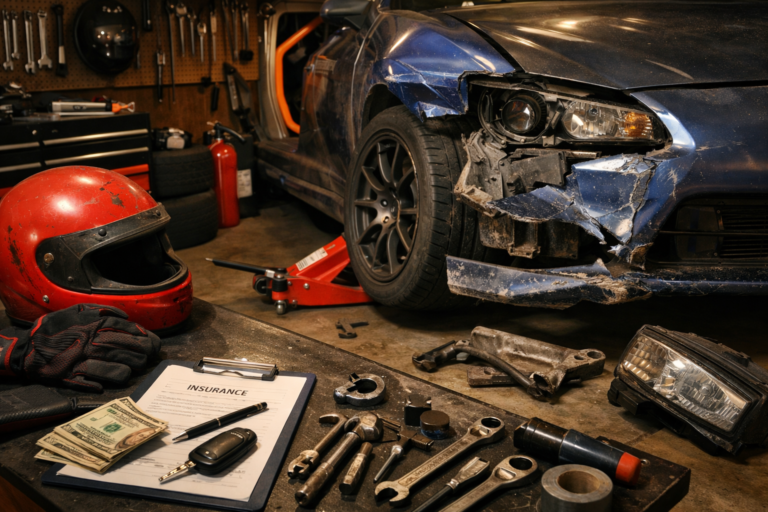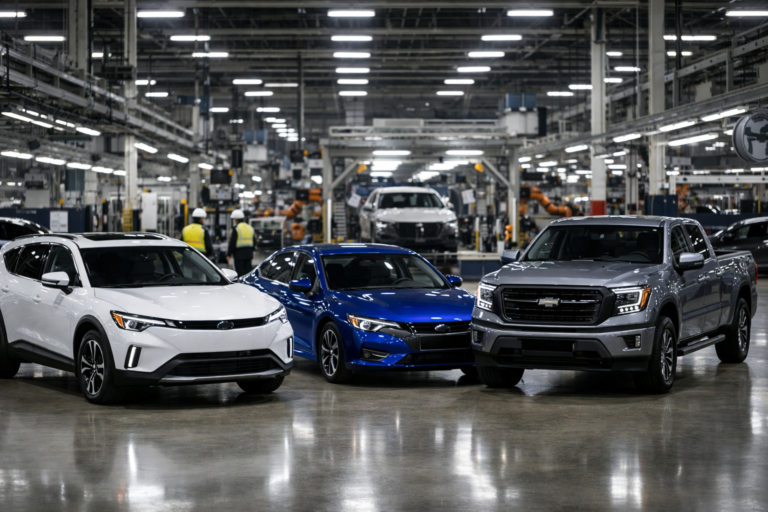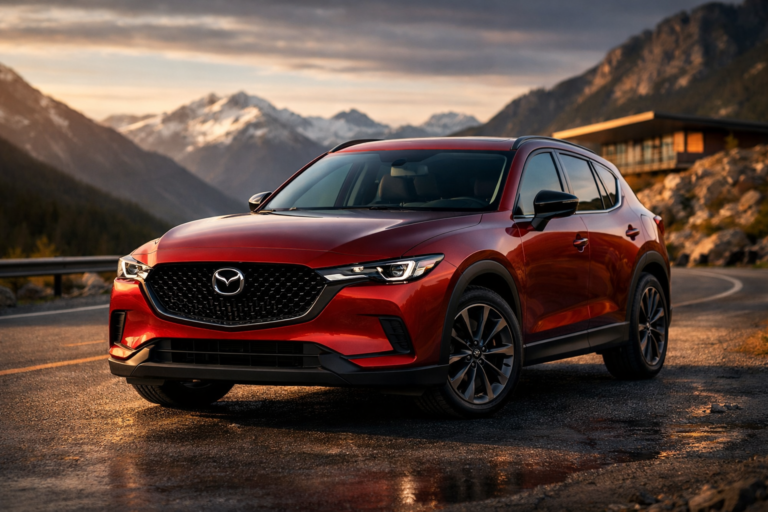The port workers’ strike is making waves, and not just on the waterfront. As labor tensions rise, the ripple effects are poised to hit multiple industries, with auto imports taking a significant hit. For automakers and consumers alike, the impact could be felt in showrooms, repair shops, and ultimately, the price tag of that shiny new car.
America’s ports are the lifeblood of international trade, handling everything from food to electronics. But for the auto industry, these gateways are especially crucial. Roughly 90% of the vehicles, parts, and raw materials needed for car manufacturing in the U.S. flow through major ports like those in Los Angeles, Long Beach, and New York.
A prolonged strike among dockworkers could disrupt the delicate balance of global supply chains. Automakers, particularly those importing cars and parts from overseas—whether from Japan, South Korea, Europe, or Mexico—are heavily dependent on these ports to get vehicles from factory floors to dealership lots.
In a post-pandemic world where supply chains were only just beginning to stabilize, the auto industry is highly sensitive to disruptions. Automakers are still grappling with parts shortages—especially semiconductors—that have left assembly lines vulnerable to production delays.
Now, with port workers striking over wage disputes, labor conditions, and automation concerns, the risk of gridlock looms large. Ships carrying finished cars or critical components may end up idling off the coast, unable to unload. Ports could experience backlogs that would slow the flow of goods, not just for days, but for weeks or even months. And with fewer cars available, consumers may face longer wait times and fewer choices on dealership lots.
While a strike’s most immediate impact may not be felt by consumers in the first few days, the effects could be exponential as the dispute drags on. Imported cars—luxury brands like Mercedes-Benz and BMW, or popular imports like Toyota, Honda, and Nissan—will likely be the first to be affected. If vehicles can’t get from foreign factories to U.S. ports, buyers will soon notice longer wait times for new models, particularly for those manufactured overseas.
And it’s not just complete cars at risk. Imported parts—everything from brake pads to bumpers—will be affected as well. Car repairs and maintenance could face slowdowns, with parts shortages potentially driving up the cost of even routine fixes. If manufacturers struggle to get these components, repair shops might have to wait for key parts, leaving vehicles sidelined for longer periods.
With limited inventory on dealership lots and fewer spare parts available, basic economics will kick in. Supply goes down, prices go up. This could mean higher prices for both new and used cars, which have already been subject to inflationary pressures over the last few years.
You might think American-made cars would be immune to these disruptions—but you’d be wrong. While some cars may be assembled on U.S. soil, many of the parts and components are sourced globally. A strike could delay the arrival of those critical pieces—such as computer chips or specialized machinery—that automakers rely on to keep production running. Ford, GM, and Stellantis (formerly Fiat Chrysler) are as dependent on international supply chains as their foreign counterparts.
Domestic production may slow as factories wait for essential parts, leading to production bottlenecks and fewer cars coming off the assembly line. Automakers could be forced to prioritize high-margin vehicles, such as trucks and SUVs, at the expense of smaller, more affordable models, which would further limit options for cost-conscious consumers.
A protracted strike could push automakers to rethink their supply chain strategies entirely. If U.S. ports become unreliable, companies may consider reshoring more of their production or exploring alternative ports in neighboring countries like Canada or Mexico. It could also accelerate the trend toward automation in port operations, which ironically is one of the key issues driving the strike.
Additionally, this disruption could fast-track changes in the industry, such as a greater focus on electric vehicle (EV) production. EV supply chains, which are already undergoing transformation due to the shift toward battery manufacturing, could see more localization in an effort to avoid the international supply chain chaos.
As the strike unfolds, all eyes are on how quickly negotiations between port workers and their employers can reach a resolution. If talks drag on, automakers may start scrambling to divert shipments to less congested ports or even resort to air freight—an expensive but faster option. However, these measures will only go so far.
In the meantime, consumers looking to buy a new or used car may want to brace themselves for potential delays, price increases, or limited inventory. For those in the market, the advice is simple: act sooner rather than later.
Because while this strike may eventually be resolved, the ripple effects on the auto industry—and your wallet—could last much longer.





